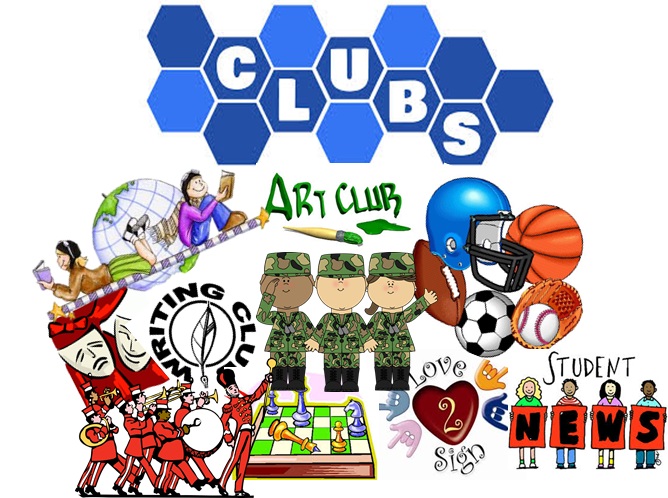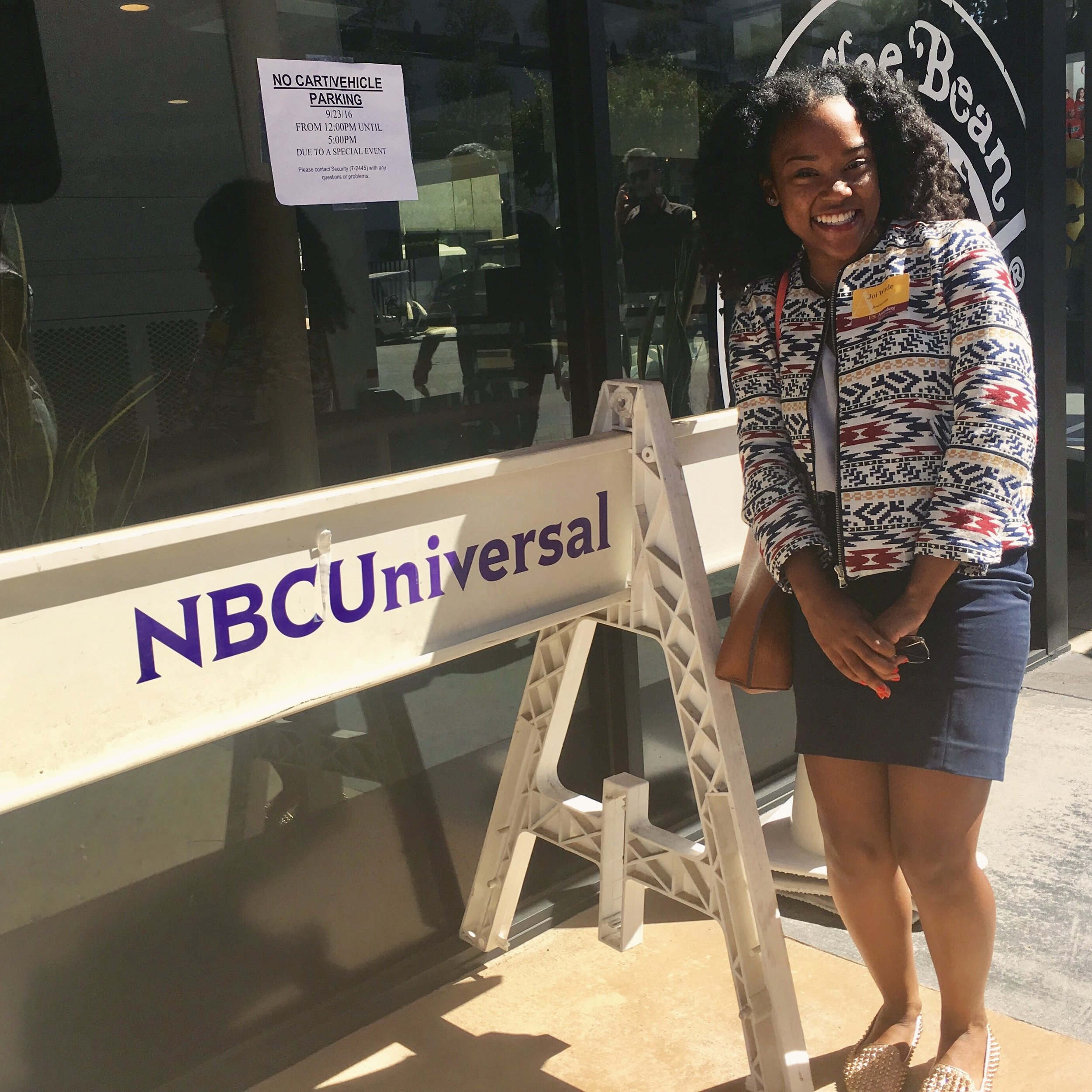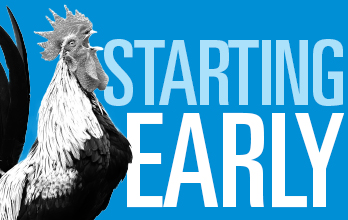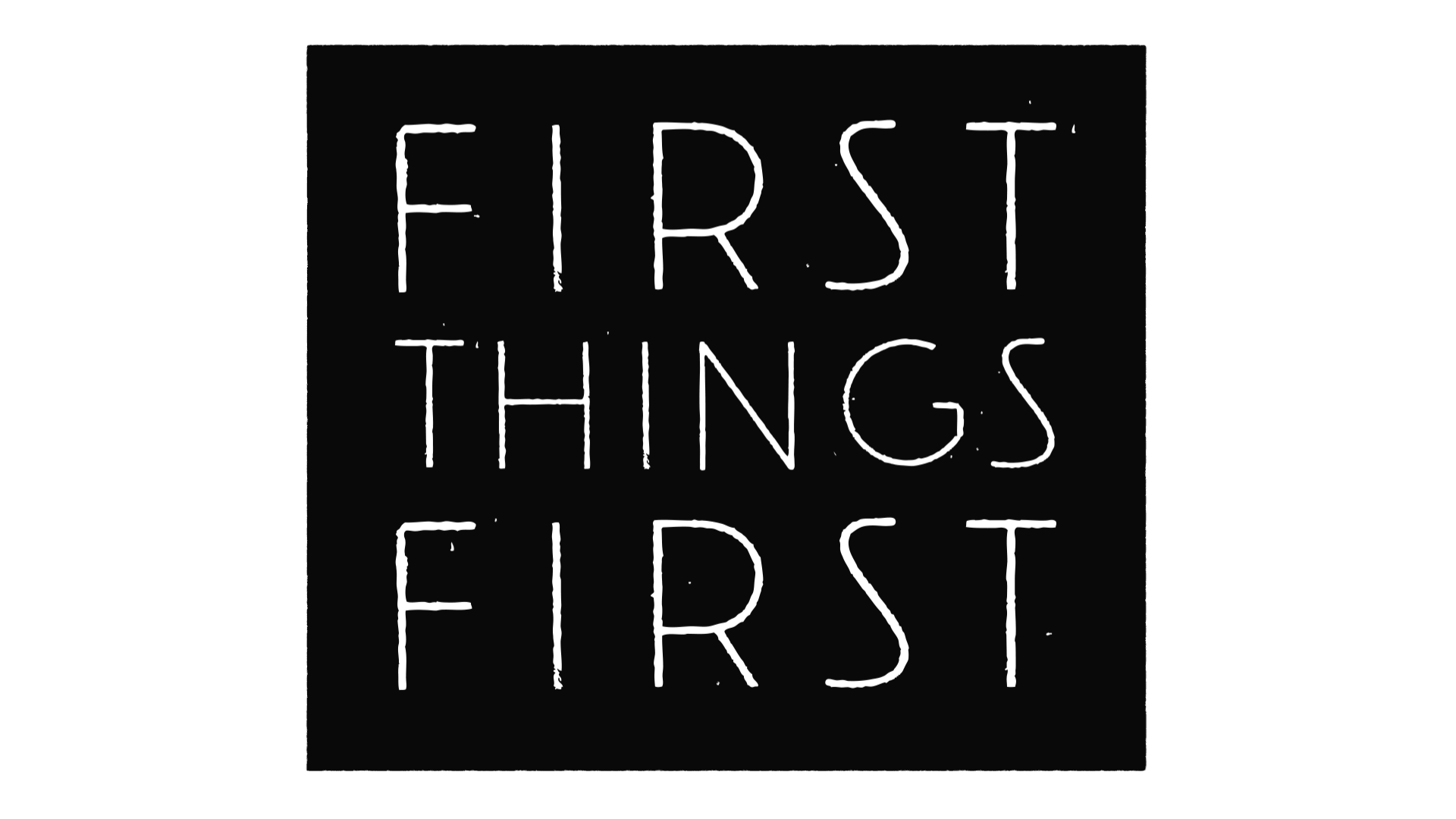Choosing Clubs and Extracurricular Activities in High School: How Not to Do Everything
/A lot of students choose to participate in extracurriculars for a variety of reasons; whether it is to continue a childhood passion, make new friends, or uncover new interests, here are a few tips to keep in mind as you select which clubs and activities to be a part of during your high school career.
Do What You Love
When it comes time to filling out college applications, many students feel that their extracurriculars must relate to one another in order to be considered noteworthy. I identify personally with the student who has varying interests across many fields. I am involved in Future Teachers of America because I love to work with kids, Drama Club because I love to be onstage, and DECA because I love to exercise my public speaking skills through business terminology and posh professional wear. With that being said, it is okay to let your interests lead you to clubs that may have little to no correlation with each other. High school is supposed to be a time of self-discovery and exploration; do not limit yourself to a status quo. For example, if you want take a cooking class and be a part of the science club, you may later find that it opens doors for you in the field of food science.
Find a Balance & Prioritize
Take some time to carefully evaluate your daily class schedule and fix your extracurricular activities around it. Voluntary clubs and activities should not heavily interfere with your academic priorities. I, for example, am taking Honors and AP classes this year, complete with dance and Spanish electives. Because I know that I will be completing classwork and studying on a consistent basis, I have a more mindful approach in making outside commitments to time-consuming extracurricular activities. From there, I can narrow my number of extracurriculars to a few time-consuming activities that fulfill and excite me, rather than a plethora of activities that I will only wound up exerting little to no effort in. Ultimately, you should evaluate for yourself what you consider to be a want or a need, fit or unfit, in your daily schedule. Do not feel pressured to include certain extracurriculars into your regime if they add unnecessary stress. Not only will you wind up overwhelmed and unmotivated, in most cases, poor academic performance and civil participation can lead to termination from your activities.
Quality over Quantity
If you find that you only have room fit in your schedule for one school-oriented club, be rest assured. You do not need to stretch your time over a wide range of clubs in order to be involved. It is far better to be involved in a singular activity than five. Here is why: when you are wholly devoted to one or few clubs, you have extended opportunities to connect with the club advisors and advance to higher positions/rankings within the club. As a DECA participant for three, going on four, years, I can speak truthfully that the best part of being involved DECA for so long is being able to clearly see my personal evolvement as a strategist, business intellect, and person since being a freshman in high school.
Do Not Follow Your Friends
You are taking personal time out of your day to attend to clubs and extracurriculars. If you do not feel wholly passionate about the activities of the organization, you should not feel pressured to serve additional time to it. To those with friends who may be pushy or misunderstanding of the matter, be sure to communicate with them, in whichever way necessary, that you feel your time together should be spent elsewhere.

Create Your Own Club
Many students often forget about the opportunities to create their own clubs within the walls of their school. If you have an idea or passion that seems to generate interest among a number of students, do not hesitate to reach out to your school advisers.
Just Join!
At the end of the day, extracurricular activities are available for your benefit, not to fulfill a requirement. Always check with yourself to ensure that you are happy with whatever it is that you decide to do. You will find in high school that your mind will change constantly as you try new things and become curious about others. Allow that change to happen within you and go with it. Best of luck!




























 Why the Changes?
Why the Changes?











































